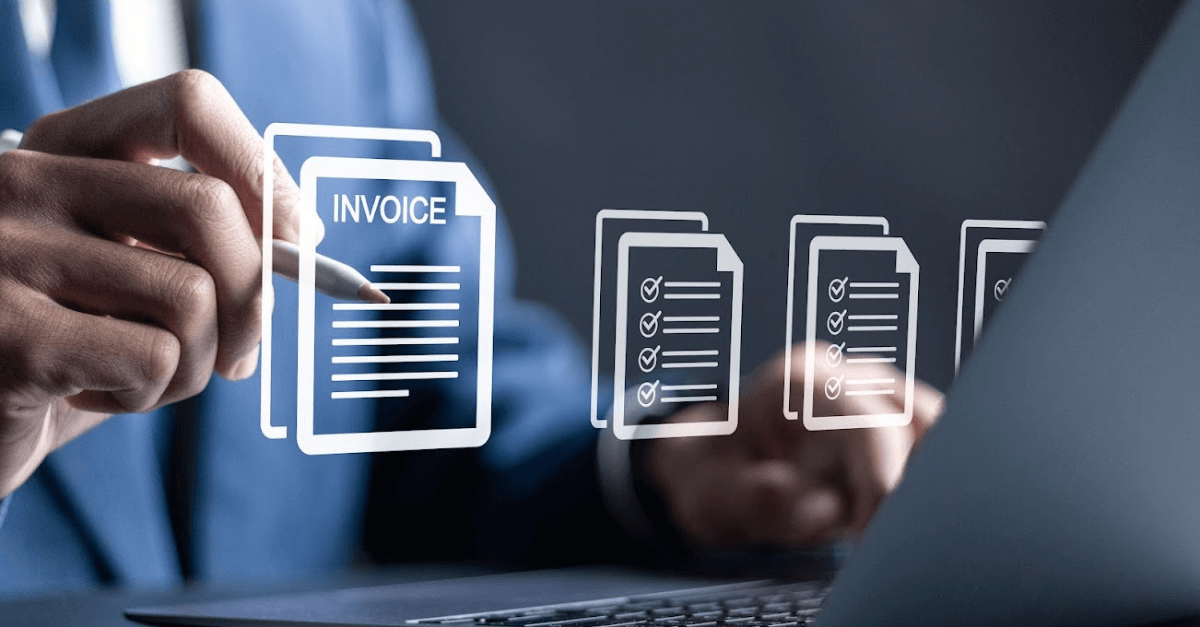The Belgian e-invoicing landscape
Belgium is poised to make a significant leap towards digital transformation. Starting January 1, 2026, electronic B2B invoicing will become mandatory for all domestic invoices between private companies. This landmark legislation, passed in 2024, is a crucial step towards improving economic efficiency and reducing the VAT gap.

Key highlights of the e-invoicing mandate
From January 1, 2026, all domestic business-to-business (B2B) invoices in Belgium must be issued electronically. The law contains a 2-track policy where Peppol is the general standard 9the so-called first track) that can be deviated from if both buyer and seller agree.
The legislation is flexible regarding the format of the second track invoices, allowing different EDI formats (such as EDIFACT or XML-based). The primary condition is that these invoices must be in a structured electronic format.
This flexibility is designed to make the transition smoother for businesses of all sizes and technological capabilities.
Driving factors behind the initiative
The push for mandatory e-invoicing is part of a broader strategy to enhance Belgium's VAT collection efficiency and align it with neighbouring countries. This initiative was outlined in the 2020 coalition agreement and aims to close the VAT gap—the difference between expected and actual VAT revenues.
E-invoicing is not an end in itself but a prerequisite for comprehensive e-reporting. E-reporting will further streamline economic processes and ensure compliance with EU-wide Digital Reporting Requirements (DRR), ultimately improving VAT collection and economic transparency.
Support and resources
To support businesses in this transition, the Belgian government and associated entities offer several resources and tools:
- BOSA: BOSA is the Federal Public Service (FPS) Policy and Support. This public entity oversees the e-invoicing mandates in Belgium together with the FPS Finance. The BOSA e-invoicing homepage provides detailed information and resources.
- Mercurius: Belgium's central platform for Business to Government (B2G) transactions, facilitating seamless invoicing processes. Mercurius is best comparable to the mailroom of the Belgian government. This is where all e-invoices for the government arrive and are further distributed to the various agencies (Federal, Regional, and Municipal).
- Hermes: Hermes is a government-provided solution designed to facilitate the transition to electronic invoicing for companies in Belgium. It allows businesses to send electronic invoices to all their customers, regardless of the customer's preferred invoicing format. Hermes is expected to be phased out with the emerging e-invoicing requirement in Belgium in 2026.
Contact us without obligation for more information on e-invoicing
Tell us your business needs, and we’ll find the perfect solution
Get in touch

